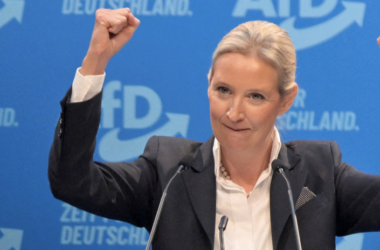The European Union has introduced stricter safety regulations for children’s toys, including a ban on chemicals that pose significant health risks, such as PFAS (per- and polyfluoroalkyl substances) — a group of synthetic fluorinated organic compounds.
The new rules, announced on April 11, aim to protect children from substances that disrupt hormonal systems and harm fertility.
The ban focuses primarily on chemicals that can interfere with growth hormones and damage the nervous, respiratory, and immune systems. Under the updated guidelines, the use of PFAS in toys will be prohibited, except in electronic components that are inaccessible to children.
The regulations also expand existing restrictions on carcinogenic, mutagenic, and toxic substances known to affect reproductive health. These chemicals are linked to long-term issues such as diminished sperm quality.
“These chemicals are especially harmful to children because they can cause hormonal imbalances, impair cognitive development, or generally affect their health,” said the European Commission.
In addition, the new rules will apply to products sold online. Importers will now be required to present a digital product passport at EU customs, which will provide information on compliance with safety standards and any necessary warnings.
“EU toy safety rules are some of the strictest in the world, but we must keep up with emerging risks,” said Krzysztof Pasiuk, Poland’s Minister for Development and Technology.
Experts also point out that one in five products removed from the EU market for safety reasons are toys.
The regulations will be enacted once approved by the European Parliament and the governments of EU member states.




